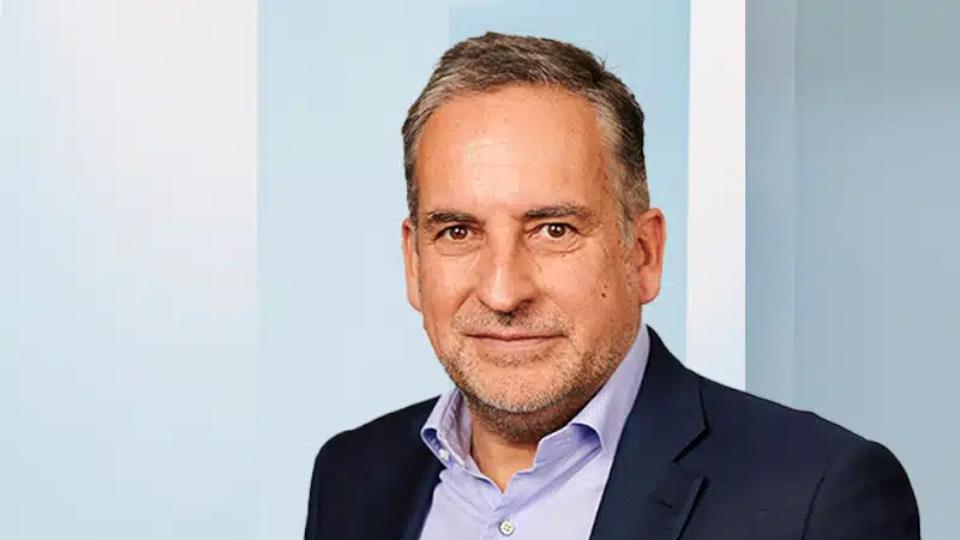Changes ring at Oxford Bio as ABL takeover talks progress

Oxford Biomedica's new CEO Dr Frank Mathias
UK contract development and manufacturer organisation (CDMO) Oxford Biomedica confirmed this morning it is in talks that could result in the acquisition of rival ABL Europe from France’s Institut Merieux.
The proposed deal, which will involve a €15 million ($16 million) purchase of Oxford Bio shares plus €20 million in future funding from Institut Merieux, would see the French organisation become a major shareholder in the combined company if the deal goes through with a stake of around 10%.
Oxford Bio’s recently-appointed chief executive, Dr Frank Mathias, said buying ABL would contribute to the company’s strategy to transition to a pure-play CDMO focusing on the cell and gene therapy category, due to be completed by the start of next year. That will conclude its pivot away from developing therapies itself and help to slash operating costs by £30 million a year ($37 million).
The proposed acquisition comes after Oxford Bio joined with Homology Medicines of the US last year to create a US joint venture focused on contract manufacturing and development of adeno-associated virus (AAV) and lentiviral vectors that are widely used in cell and gene therapies.
Taking control of ABL would give the UK company “a footprint in the EU” with facilities in Lyon and Strasbourg and also free up “capacity to meet increasing client demand, as well as significantly increasing our capabilities and flexibility for clients,” said Mathias.
“With the cell and gene therapy industry at an inflection point, I believe that we are in the right market at the right time, and well-equipped to succeed with our highly skilled workforce and leading-edge technology,” he added.
According to Prophecy Market Insights, the global cell and gene therapy market was worth $13 billion last year but could rocket to $62.5 billion by 2032.
In its just-released interim results update, Oxford Bio said it is expecting group revenues to reach £90 million this year, a little lower than expected due to lower milestone and license payments from clients, but with a reduced cost base that should allow the company to break even in 2024.
First-half revenues were £43 million, a decline of 33% that stemmed mainly from the loss of revenues associated with the production of AstraZeneca’s COVID-19 vaccine.
The number of clients making use of the company’s services has risen 50% since the end of 2022, and, by the end of 2026, it expects to have more than doubled its revenues.
All of those predictions exclude the potential impact of talking over ABL, which is currently working on more than 10 gene therapy programmes for clients and will increase Oxford Bio’s capacity in process and analytical development and early-stage manufacturing.
Institut Merieux’ CEO Michel Baguenault said the proposed deal would give ABL “new development prospects and access to innovative technologies that will enable them to broaden their offering to biopharmaceutical companies.”













